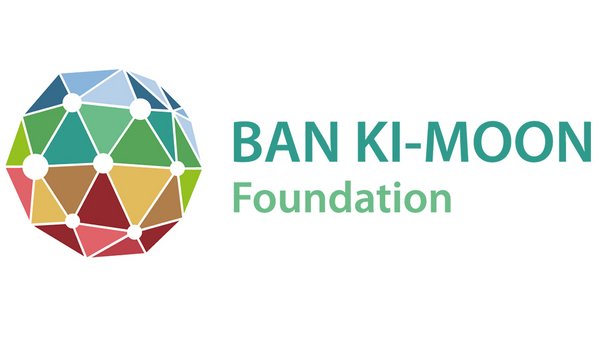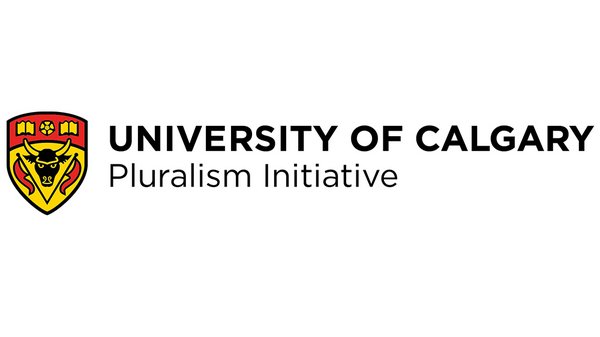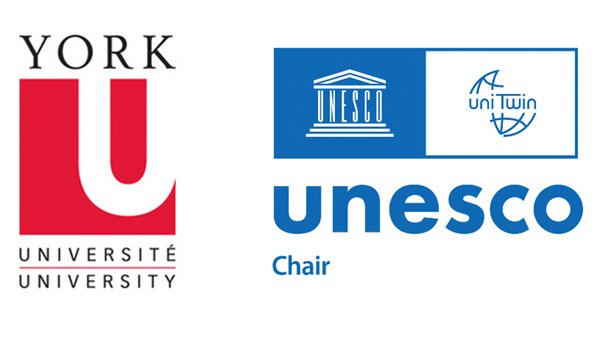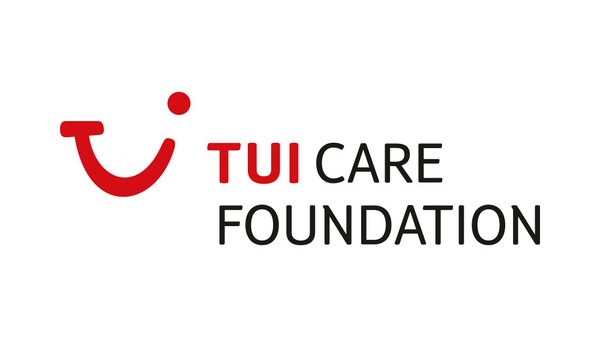-
Topics
backTopicsOur programs create spaces where open-minded leaders can gather for breakthrough conversations on pressing global issues – each aligned to one of the following pillars:
-
Events
backEventsExplore the variety of events Salzburg Global hosts within Austria and in the rest of the world. Learn more about our programs and what else happens at Schloss Leopoldskron.Upcoming EventsFeb 05 - Feb 07, 2026Peace & JusticeDisruption and Renewal: Charting the Future of the International Rule of Law, Democracy, and PluralismSalzburg Cutler Fellows Law ProgramApr 13 - Apr 18, 2026CultureCreating Futures: Rethinking Cultural Institutions, Infrastructure, and InvestmentCulture, Arts and Society
- Insights
-
Fellowship
backFellowshipSince 1947, more than 40,000 people from over 170 countries have participated in Salzburg Global's sessions. Collectively, these alumni are known as Salzburg Global Fellows.
-
About Us
backAbout UsSalzburg Global is an independent, non-profit organization committed to creating spaces that overcome barriers and open up a world of better possibilities.Our Approach
-
Support Us
backSupport UsYour generosity helps us gather open-minded leaders for breakthrough conversations, while creating space for dialogue that overcomes barriers and opens up a world of better possibilities.
- Donate
- Date
- Oct 30 - Nov 03, 2025
- Session no.
- S906-01
- Program
- Education for Tomorrow's World
- Location
-
Schloss Leopoldskron, Salzburg, Austria
- Contact
-
Dominic RegesterDirector, EducationValeriia ChernyshProgram Manager, EducationKatalin TolgyesiProgram Intern, Salzburg Global, Austria
Share
Education
Reimagining Education: Global Citizenship, Pluralism, and Purpose in the 21st Century
In a time of multiple crises, for many people marked by accelerating climate change, social inequality, rising authoritarianism, polarization, and digital fragmentation, education faces a profound challenge—and an opportunity. While academic systems are still largely rooted in national priorities and outdated metrics of success, young people are grappling with transnational crises and an AI driven technology revolution that demands ethical awareness, critical thinking, and the ability to collaborate across borders and differences.
The post-2030 global development agenda, building on the Sustainable Development Goals (SDGs), calls for transformative education that fosters not only knowledge but also the values, skills, and agency necessary for sustainable development, social justice, and peaceful coexistence.
Global Citizenship Education (GCE) - grounded in human rights, pluralism, critical thinking, sustainability, civic engagement, and ideas of how to contribute to society — offers a transformative framework. Yet many educators lack the space, support, or strategies to develop and implement it within their classrooms, schools, or systems.
This program brought together a global cohort of educators, thought leaders, and change agents to nurture relationships, share successes, and craft new ideas to inspire and transform learners to be active, relational agents shaping a more just, peaceful, and sustainable world; positioning educators themselves as catalysts for that transformation, by embracing global citizenship thinking in the post-2030 global development agenda.
Date
Oct 30 - Nov 03, 2025
Session no.
S906-01
Location
Schloss Leopoldskron, Salzburg, Austria
Contact
Share
ABOUT
As we enter the second quarter of this century, the world faces a critical crossroads. While life expectancy and education have continued to improve in the 21st century, rising inequality, democratic backsliding, and climate breakdown threaten hard-won progress. Conflicts persist, trust in institutions is eroding, and misinformation spreads rapidly. The climate crisis accelerates, disproportionately harming vulnerable communities. Technological advances outpace ethical governance, deepening social divides. In an increasingly interconnected world, these challenges cannot be solved in isolation. They require shared understanding, solidarity, and collective action. Yet many people lack the dispositions and tools to effectively and critically analyze local and global issues or imagine alternatives. Without a deeper sense of shared responsibility, progress may stall—or even reverse.
Educators have a responsibility to prepare students for a world facing urgent, interconnected challenges. Climate change, inequality, conflict, and digital misinformation are reshaping lives and communities. Many young people feel overwhelmed, disempowered, or disengaged. Education systems too often focus narrowly on academic outcomes, leaving little space to explore global issues, ethical questions, or diverse perspectives. Yet the world demands more than subject mastery—it needs compassionate, affectively and critically aware individuals who know themselves, know their contexts, and are ready to collaborate across differences. Without nurturing this broader vision, there is a risk that students will finish their education but not be prepared to manage themselves, navigate complexity, challenge injustice, or imagine better futures—for themselves or for the planet.
Global Citizenship Education gives educators a powerful framework to deepen learning and expand purpose. It connects classroom content to real-world issues, encouraging students to think critically, act ethically, and engage with global challenges. At its heart is pluralism—the active process of understanding different cultures, beliefs, and perspectives - and viewing our unique histories and perspectives as sources of enrichment. GCE fosters emotional, cognitive, and behavioural sensibilities and skills, vital for life and work in the 21st century. Whether through history, science, literature, or art, teachers can create opportunities for inquiry, dialogue, and action. GCE empowers students to become not just informed learners, but respectful, active participants in a diverse and shared world.
- To develop new ideas around the centrality of Global Citizenship Education as a response to global challenges in the second quarter of the 21st century
- To explore pluralism as a foundational principle for civic learning and coexistence
- To share and develop practical strategies for integrating GCE across disciplines and school contexts
- To build a network of educators committed to advancing justice, sustainability, and civic values through education
- To formulate policy, practice, and partnership recommendations that can inform broader educational change and support the post-2030 agenda
A diverse group of approximately 45 participants including K-12 and tertiary educators, curriculum designers and school leaders, education policymakers, civil society and youth movement leaders, researchers and education innovators.
Geographic, cultural, and sectoral diversity were prioritized to ensure cross-pollination of ideas and approaches.
This highly interactive, hybrid program brought together 45 participants from across the globe for three online co-design and development sessions in September and October and then a four and half-day residential program at Schloss Leopoldskron from 30 October – 3 November.
The time in Salzburg began with the International Forum on Education for the Post-2030 Agenda, organized in partnership with the Ban Ki Moon Center for Global Citizenship and the Ministry of Foreign Affairs of the Republic of Korea. Following the forum, participants moved into 3.5 days of co-created activities such as:
- Interactive workshops and peer-led sessions
- Case study roundtables
- Design labs for curriculum, policy, and partnerships
Meeting 1: 18 September, 15:00 to 16:30 CET
Meeting 2: 1 October, 15:00 to 16:30 CET
Meeting 3: 13 October, 15:00 to 16:30 CET
Held over 4.5 days at Schloss Leopoldskron, this highly interactive program began with the International Forum on Education for the Post-2030, organized in partnership with the Ban Ki Moon Center for Global Citizenship and the Ministry of Foreign Affairs of the Republic of Korea. Following the forum participants will move into four days of co-created activities such as:
- Interactive workshops and peer-led sessions
- Case study roundtables
- Design labs for curriculum, policy, and partnerships
- What does it mean to educate for global citizenship in a time of crisis and complexity?
- How can educators nurture pluralism, empathy, and civic responsibility in divided societies?
- In what ways can local teaching practices meaningfully connect with global issues?
- What institutional supports are needed to embed GCE in schools and systems?
- How can educators collaborate across borders and sectors to drive transformational change?
- How can we cultivate critical thinking, empathy, and pluralism in increasingly polarized societies?
- What structures and supports are needed to sustain Global Citizenship Education in schools and systems?
- How can educators build alliances - across sectors and borders - to advance justice, sustainability, and peace through education?
- A shared vocabulary and vision for 21st-century GCE
- Practical tools, pedagogies, and models to adapt and apply
- A growing international network of educators and advocates
- Recommendations for the post-2030 education framework
- A Salzburg Statement and/or policy brief for wider dissemination
- Follow-up collaboration opportunities through Salzburg Global and partner platforms
Thursday, October 30 · 2 - 6:30pm CET. Doors at 1pm
The Ban Ki-moon Centre for Global Citizens, in partnership with Salzburg Global and the Ministry of Foreign Affairs of the Republic of Korea, hosted the International Forum on Education for the Post-2030 Agenda on Thursday, 30 October 2025 at Schloss Leopoldskron (Salzburg, Austria).
This in-person Forum convened policymakers, educators, youth leaders, researchers, and civil society to explore how Global Citizenship Education (GCED) can help societies respond to 21st-century risks and systemic challenges.
The forum aimed to
- surface insights and recommendations for post-2030 policy processes (incl. UNESCO’s 2027 high-level consultations)
- explore forward-looking GCED solutions to emerging risks
- foster cross-sector, intergenerational dialogue
- build momentum to embed transformative learning that empowers educators and learners
Livestream: Available for those unable to attend; the link will be shared with registrants in advance.





